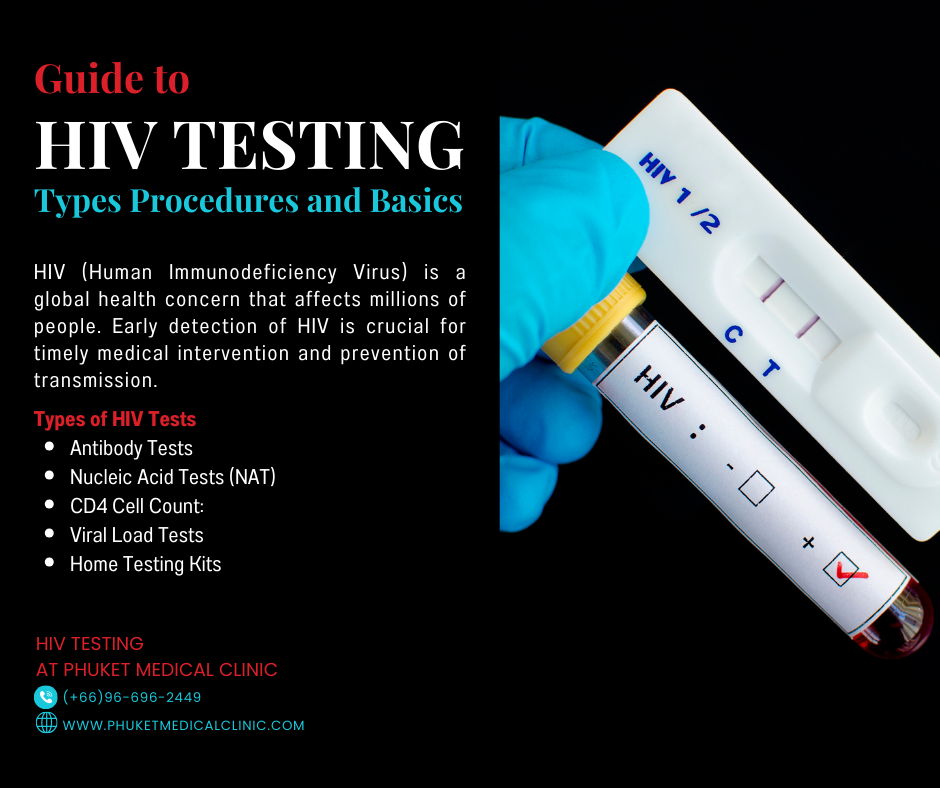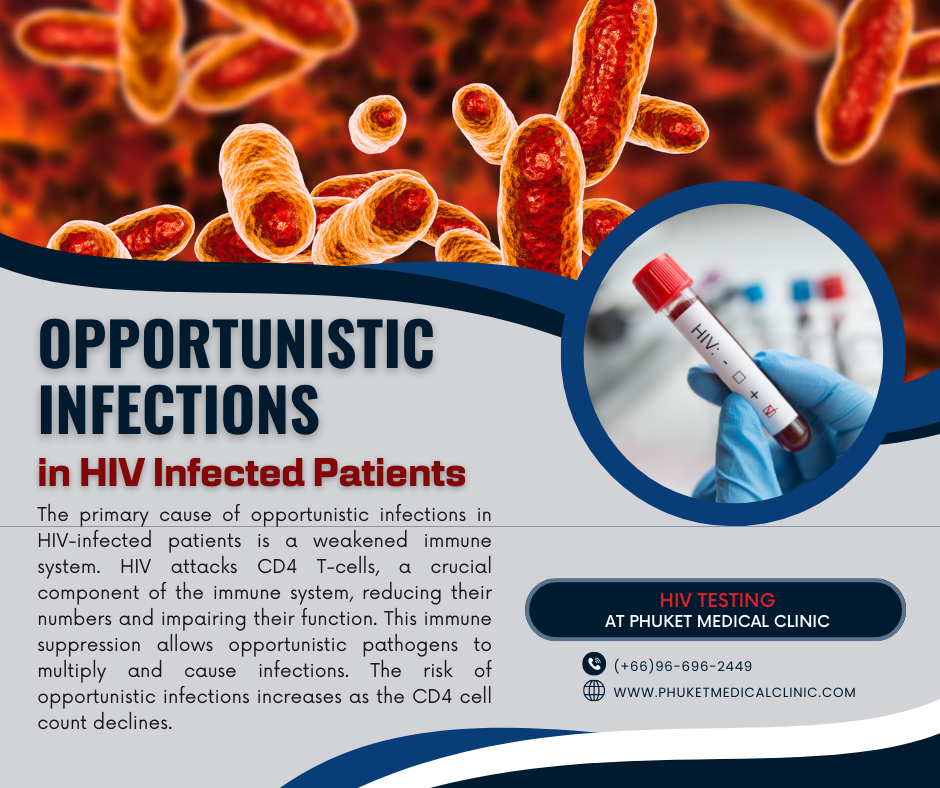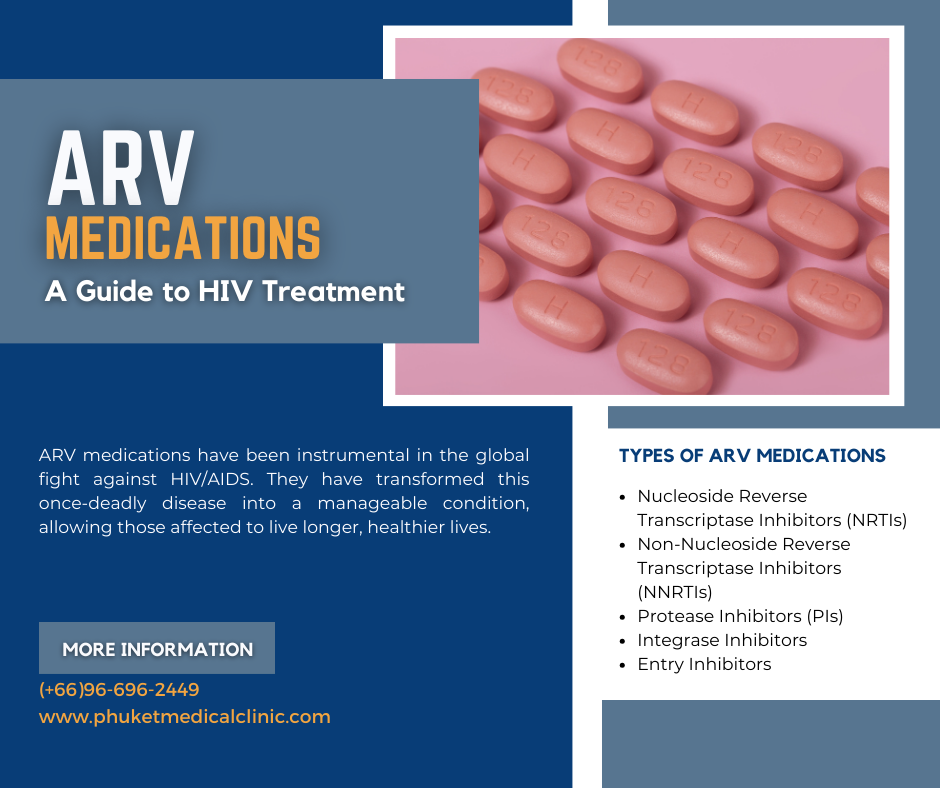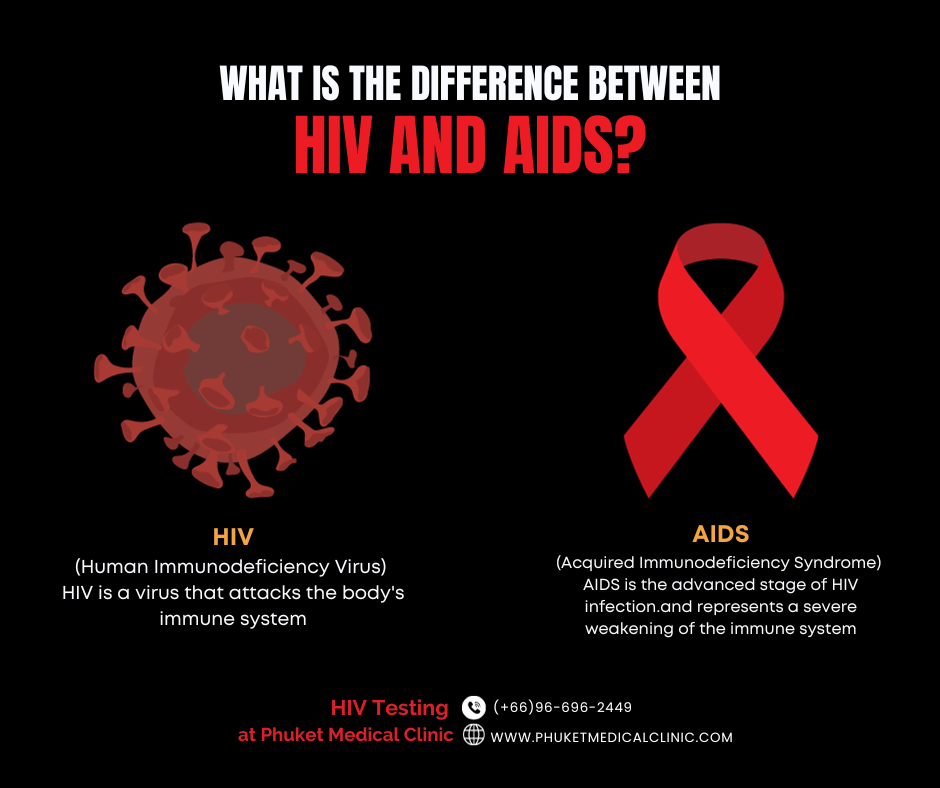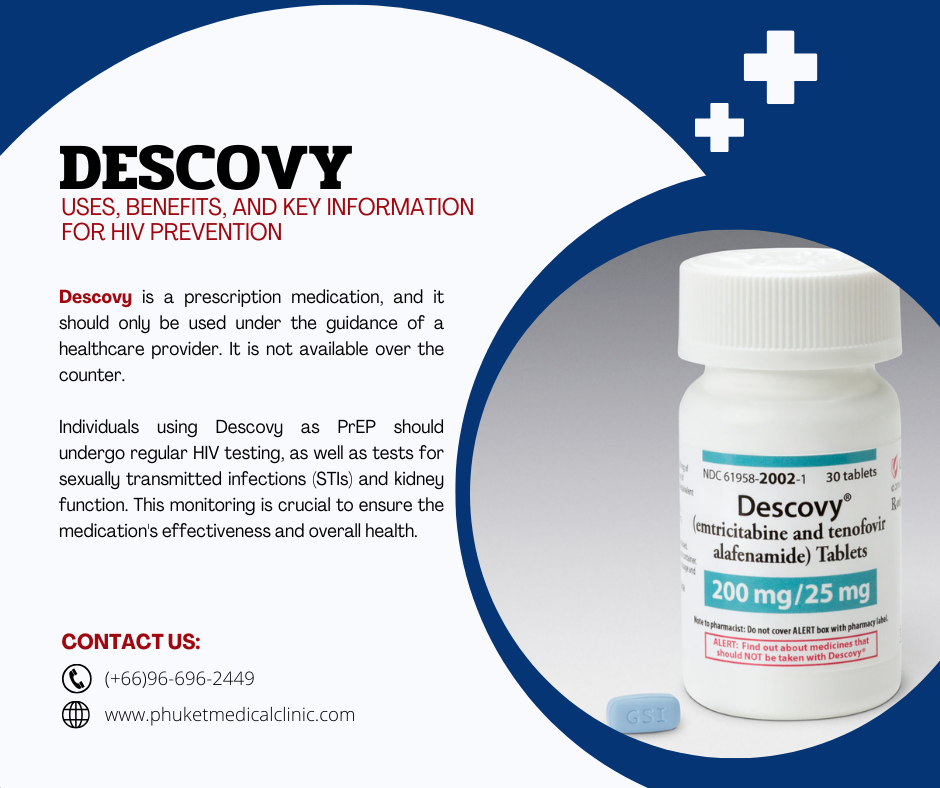Recent High-Risk Exposure: The most common situation in which PEP is recommended is after recent high-risk exposure to HIV. High-risk activities include unprotected sexual intercourse with a partner whose HIV status is unknown or positive, sharing needles or drug equipment, and occupational exposure (e.g., healthcare workers accidentally exposed to contaminated blood).
Timing is Critical: PEP should ideally be initiated as soon as possible after potential exposure, preferably within 72 hours (3 days) but certainly within 36 hours for the best effectiveness. The sooner you start PEP, the more likely it is to prevent HIV infection.



